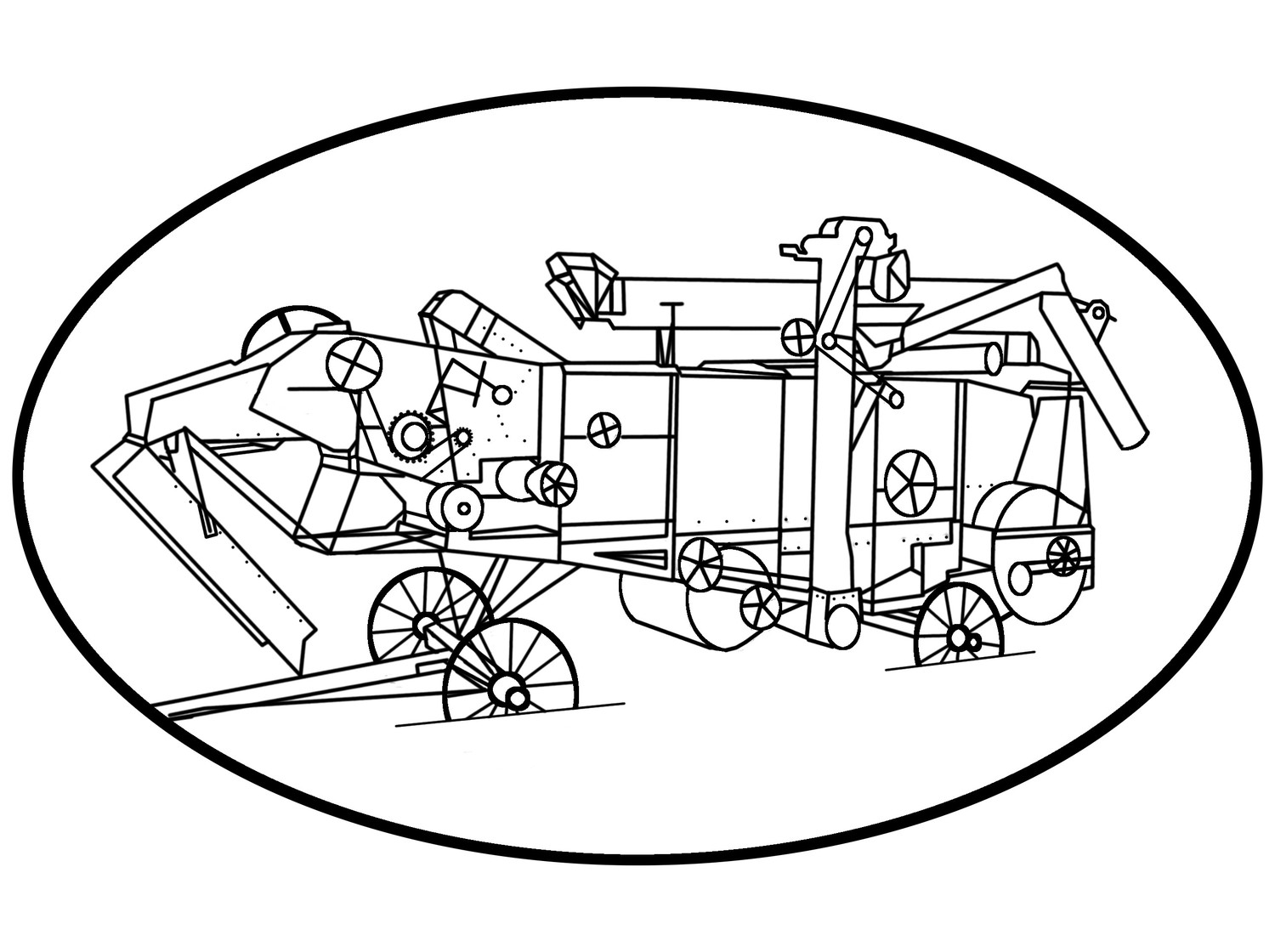Weld-County Moonscape
The remnants of the old doghouse ached with dry rot (roof fallen-in), and the soil cracked in geometric webs like plant cells under a microscope. Deep tire-tread ruts scarred the land in tracts that disappeared westward where the combines and beet-diggers traced their circuits last September;
I used to watch the twitchy ballet of water striders in the pools that collected there after a midday storm washed the plains, bristling as it receded beyond the countless rows of tasseled corn. Blanched as if by the torrid light of an alien sun, the mud (coagulated silt of seventy summers’ crops) baked and split in pentagonal fissures.
Grown frail, my grandmother paid me to steep the yard in chemical mists. Wherever nature’s tendrils erupted in mud-cracks (fingers through a door-hinge), we plucked, cut, wrenched, and burned, wresting them from the dirt or returning them to it—these audacious encroachments of the Earth she longed to leave. Her yard was the surface of a dead moon, bombarded perennially by rays beyond the scope of detection, the misanthropic radiation of some malignant star-cluster.
One afternoon I found her leaning against the sallow fiberglass of her mailbox, staring up the road past the ruin of the house in which she was born, eyes fixed on the dim specter of a distant porchlight. Sonofabitch hit my dog. Never apologized, she muttered to herself, grinding curses between her teeth like sunflower seeds, ejecting one periodically.
She paid a Weld-County vet to incinerate the carcass, but she never brought herself in the end to drag the old doghouse onto the junk heap, the only realm where she suffered the weeds to flourish.
(Pacific Review, 2018)
